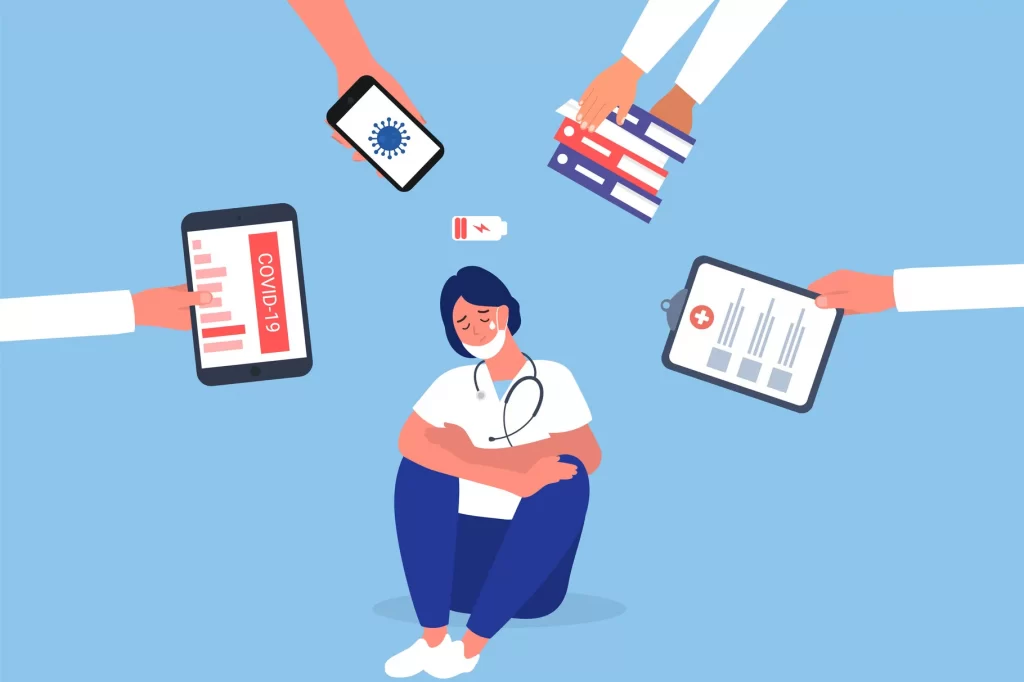

Twice a week, Boston-area psychiatrist Elissa Ely volunteers at a US anonymous help line for physicians in crisis. The calls she takes are often from people in deep distress — physicians having panic attacks, abusing substances or alcohol, facing divorce or alienation from family and friends. A typical call, she said, could be from “an ER doctor who vomits before she goes in for her shifts; despair and depression; suicidality.”
But despite her callers’ high levels of mental distress, they’re often very resistant to her suggestions that they seek mental health care, said Ely. When she suggests doctors consider even just a “tincture” of an antidepressant or anti-anxiety medication, or find a therapist, she inevitably gets the same response, a long pause followed by a question: “Is this call really anonymous?”